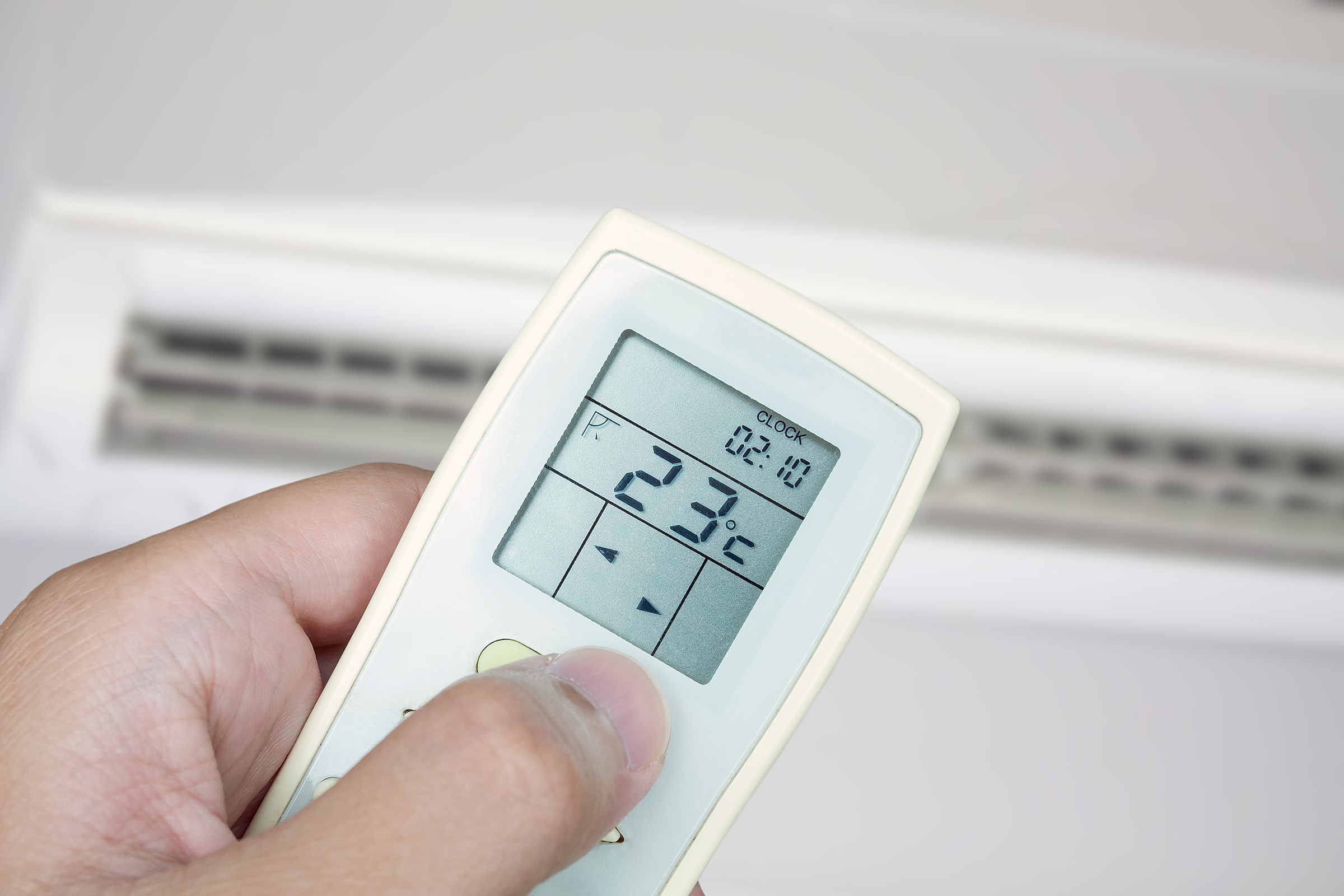Answer:
The hot and humid summer weather, peaking around midday, makes the body uncomfortable and causes excessive sweating. Therefore, many people have the habit of using air conditioning right away to cool down quickly, however, this can be harmful to their health.
The sudden change in temperature from hot to cold prevents the body from adapting, potentially leading to heat shock, dizziness, fatigue, vasoconstriction, and even stroke or heart attack. Rapid temperature changes also dry out the mucous membranes of the skin, nose, and eyes, reducing immune response and creating opportunities for pathogens to enter.
 |
When the body is hot, suddenly switching to a cold environment can cause heat shock, reduce immune response, and lead to coughs, sore throats, runny noses, etc. Photo: Vecteezy |
When the body is hot, suddenly switching to a cold environment can cause heat shock, reduce immune response, and lead to coughs, sore throats, runny noses, etc. Photo: Vecteezy
Therefore, to prevent air conditioning from harming your health, you should use it correctly. Avoid using it immediately after coming in from the sun. The air conditioner temperature should be set between 25-28 degrees Celsius and not differ from the outdoor temperature by more than 10 degrees. If it's not cool enough, consider using a fan instead of lowering the air conditioner temperature too much. Also, avoid directing the airflow directly at your face or head.
When you've been outdoors and sweating heavily, allow your body to dry before using air conditioning to prevent dehydration, heatstroke, and colds. Additionally, clean the air conditioner and the room regularly to prevent the growth of mold, bacteria, and viruses.
You should get vaccinated against respiratory illnesses for which vaccines are available, such as influenza, measles, chickenpox, pneumococcal disease, and meningococcal disease. There are currently four types of influenza vaccines, which help prevent virus strains like A/H1N1, A/H3N2, and influenza B. The French, Dutch, and South Korean vaccines are for children aged 6 months and older and adults. The Vietnamese vaccine is for people aged 18 to 60. Children from 6 months to under 9 years old need two doses at least one month apart if they have never been vaccinated against influenza. People 9 years and older need one basic dose and a booster annually.
There are five types of pneumococcal vaccines: PCV10, PCV13, PCV15, PCV20, and PCV23. PCV10 is for children aged 6 weeks to under 6 years old, PCV13 is for children from 6 weeks old and adults, PCV15 is for children aged 2 months and older (earliest from 6 weeks) and adults, PCV20 is for adults aged 18 and older, and PCV23 is for children aged 2 and older and adults. The vaccination schedule depends on age and vaccination history.
Doctor Hoa Tuan Ngoc
Medical Manager, VNVC Vaccination System
Readers can submit vaccine consultation questions for doctors to answer here.












